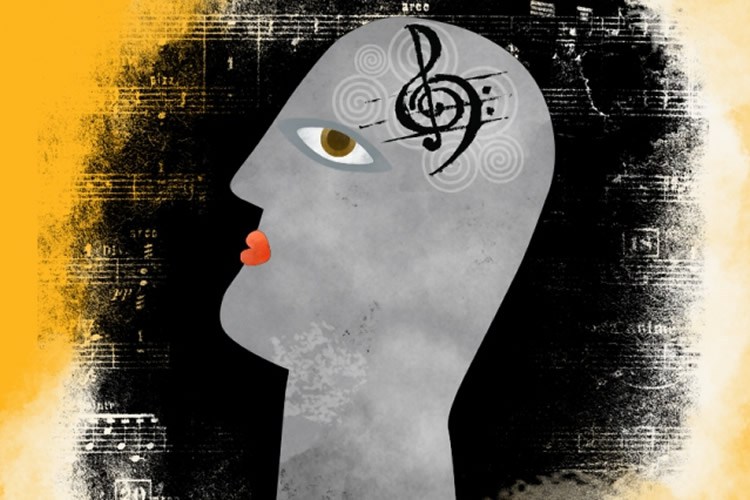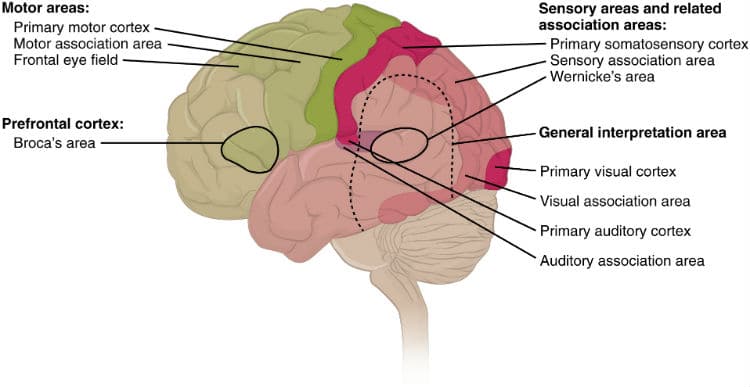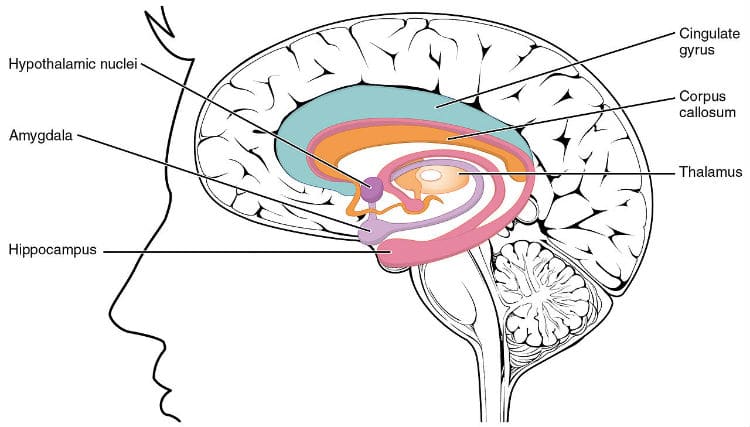
I have a serious addiction. Costs me thousands of dollars a year. Keeps me up late at night. I hunt it down no matter where I’m traveling—Paris, Istanbul, Cuba. Been this way for decades. A Moody Blues concert at Stanford University triggered it. I was in high school. It was 1969. I was 16 and had my student driver’s license. Free at last! As long as I could hotwire Dad’s Opel Kadett. He went to bed very early and did not hear my escape.
I drove his butter lemon Opel to Palo Alto and snuck into the concert. Why all this law-breaking for the Moody Blues? I was a teenager—all passion and no common sense! Magic awoke when I first heard them on the radio. Nothing was going to keep me from hearing them play “Nights in White Satin” live. I danced my feet off that night and got imbued with a deep attraction to music—live music. My cells were singing, my feet were hustling, my arms were swinging. Joy filled me from the tips of my toes to the crown of my head and radiated out 360 degrees from my blissful body.
I had to have more! Music rocks me to my core. Since that pivotal night long ago in the gymnasium at Stanford, I go to all types of music as long as the venue is small to medium size. World Music is the top of my list though jazz, classical, and bluegrass also
If a good beat sends shivers down your spine, you may also have a uniquely developed brain. According to research published by Social Cognitive and Affective Neuroscience, people whose bodies respond to music have structurally different brains than the rest.
Read on:

Photo Credit: Wuhuiru55/Wikimedia Commons
In these individuals, the auditory cortex communicates more efficiently with those brain areas associated with emotional processing. Matthew Sachs, a PhD student at USC and the study’s lead researcher, says this is because far more fibers link the two regions. Such conclusions offer profound scientific and philosophical insights, shedding light on why music has touched so many since the beginning of humankind.
“Together, the present results may inform scientific as well as philosophical theories on the evolutionary origins of human aesthetics, specifically of music,” the study’s authors explain.“Perhaps one of the reasons why music is a cross-culturally indispensable artifact is that it appeals directly through an auditory channel to emotional and social processing centers of the human brain.”
To learn more about the research, check out USC’s podcast on the study.
The primary auditory cortex is roughly located in the center.

Photo Credit: Open Stax College/Wikimedia Commons
According to Medline Plus, emotional processing occurs primarily in the limbic system.

Photo Credit: OpenStax College/Wikimedia Commons
Check this out:
https://www.ted.com/talks/anita_collins_how_playing_an_instrument_benefits_your_brain/transcript
Aloha Wat— Thanks for the link. Excellent Ted Talk! Lisa